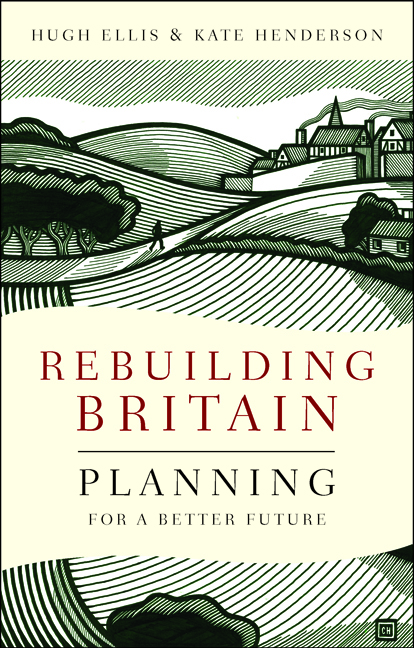8 - Economic transformation
Published online by Cambridge University Press: 04 March 2022
Summary
…difficulties always arise because the city's economy – perhaps the largest determinant of how and when change occurs – depends on national and international market forces that are beyond the power of the city to influence, thereby making other factors more difficult, complicated, and politically contentious. (Kristina Ford, 2010)
Economic transformation has defined the fabric of Britain's towns and cities over three centuries. The nation's current distinctive regional disparities lie in the economic geography of the 19th century based on the rapid growth of industrial manufacturing in the North of England, South Wales and the central belt of Scotland. The decline of manufacturing and industries like mining has led to a long period of economic transition which still defines the performance of many places and regions. By contrast the concentration of economic, political and cultural activity around London and the South East makes England one the most geographically polarised of the advanced nations.
The Barlow Report provided a clear picture of this economic geography and a platform for postwar intervention. In the postwar period, town planning and regionally-focused economic development were more or less successfully integrated. This intervention was complex, including direct control of growth in the South East and direct investment in the ex-industrial north. It also included the decentralisation of public services and government departments and a reconsideration of new towns policy to incorporate designations in areas requiring regeneration: the new town of Peterlee in the North East of England is one example of attempts to modernise and diversify the local economy while providing improved housing conditions.
Over the last 30 years, EU regional policy, through structural funds, provided a driver for a continued regional approach to promoting a more balanced nation. Since 1979, however, there has been an acceptance in England of the predominance of the greater South East as an economic driver of the UK, based increasingly on financial services. Efforts to focus and accommodate growth in the South East have proved controversial but there is no sense of any attempt over the last 30 years to fundamentally rebalance the economic geography of the UK. Hence the growing acceptance of the ‘managed decline’ of many ex-industrial communities.
- Type
- Chapter
- Information
- Rebuilding BritainPlanning for a Better Future, pp. 65 - 70Publisher: Bristol University PressPrint publication year: 2014
- 1
- Cited by



